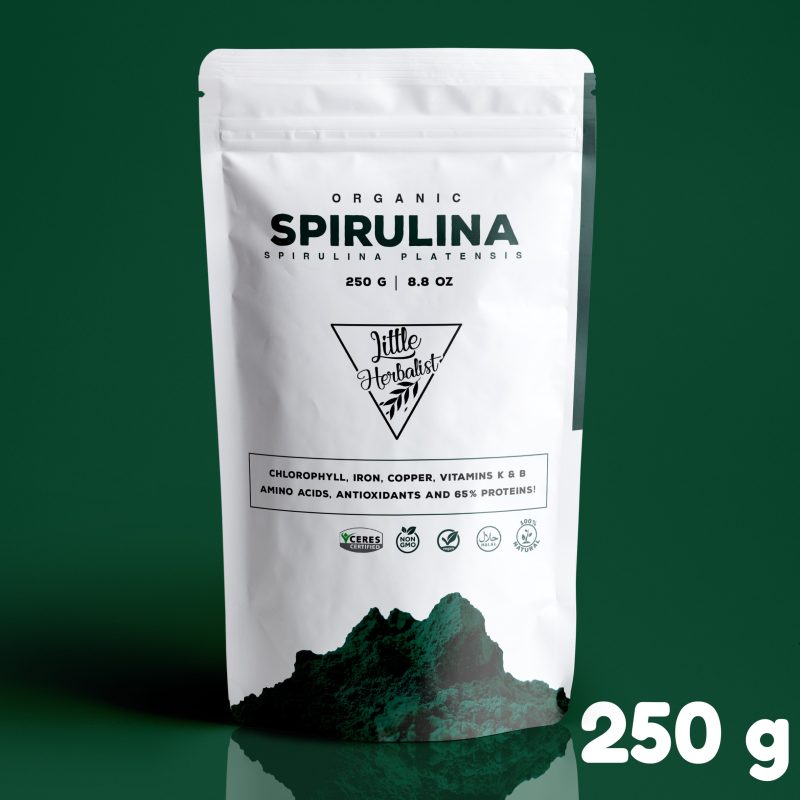Spirulina
6 Reasons Why You Should Add Spirulina To Your Diet Today
Spirulina, a blue-green algae, has been gaining popularity as a superfood due to its impressive nutritional profile. It is a source of high-quality protein, antioxidants, vitamins, and minerals, making it a great addition to a balanced diet. Here are some reasons why you should consider incorporating spirulina into your diet:
- High in Protein: Spirulina is made up of about 60-70% protein, making it one of the best plant-based sources of protein. It contains all the essential amino acids, making it a complete protein source. This makes it an excellent option for vegans and vegetarians who may struggle to get enough protein in their diet. Protein is important for building and repairing tissues in the body, as well as for maintaining a healthy immune system.
- Rich in Antioxidants: Spirulina is rich in antioxidants, which help protect your cells from damage caused by free radicals. These free radicals are produced as a byproduct of normal cellular metabolism and can contribute to the development of chronic diseases such as cancer, heart disease, and diabetes. Antioxidants help neutralize these free radicals, preventing them from causing damage to cells. Spirulina also contains vitamins C and E, which are powerful antioxidants that help protect cells from damage.
- Boosts Immunity: Spirulina contains phycocyanin, which has been shown to boost the immune system. It also contains anti-inflammatory properties, which can help reduce inflammation and improve overall health. Chronic inflammation is a contributing factor in the development of many diseases, so reducing inflammation can help prevent the onset of these diseases. Additionally, spirulina has been shown to help increase the production of cytokines, which are signaling molecules that play a crucial role in the immune system.
- Good Source of Vitamins and Minerals: Spirulina is a good source of vitamins and minerals, including vitamins B1, B2, B3, and B6, as well as potassium, magnesium, and iron. These vitamins and minerals are essential for maintaining good health and are involved in many processes in the body, such as energy production, nerve function, and muscle function. For example, iron is important for the production of red blood cells, which carry oxygen throughout the body. Potassium helps regulate blood pressure and supports heart health. Magnesium is involved in bone health and the regulation of blood sugar levels.
- Helps Control Blood Sugar: Spirulina has been shown to help regulate blood sugar levels in people with type 2 diabetes. This is because it contains a high amount of GLA (gamma-linolenic acid), which has been shown to help regulate blood sugar levels. In addition, spirulina has a low glycemic index, meaning that it does not cause rapid spikes in blood sugar levels. This makes it a good option for people with diabetes, as well as for anyone who wants to maintain stable blood sugar levels.
- Detoxifies the Body: Spirulina has been shown to help detoxify the body by removing heavy metals and other harmful substances. This is because spirulina contains high levels of chlorophyll, which has a natural detoxifying effect. It also contains other compounds that help support the liver and other detoxifying organs in the body.
In conclusion, incorporating spirulina into your diet can be a great way to add more nutrition to your meals. Whether you add it to a smoothie or sprinkle it on your food, it is a versatile and nutrient-dense food that can benefit your health. Just make sure to purchase high-quality spirulina from a reputable source



